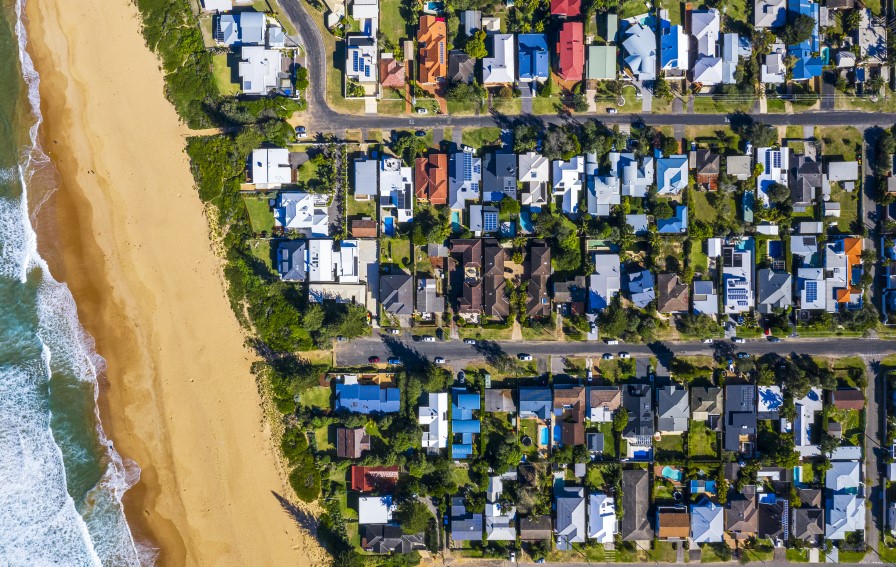Rental property owners beware, this tax time, the ATO will be expanding the rental income data collected directly from third-party sources including sharing economy platforms, rental bond authorities, and property managers. This was a part of a new and extended data-matching program which aims to gather detailed information about the property and owners for the 2018-19 to 2022-23 financial years.
According to the ATO, in the 2019-20 financial year, over 1.8m taxpayers owned rental properties and claimed $38bn in deductions. While it concedes that most taxpayers do the right thing and are able to justify their claims, it notes that over 70% of the 2019-20 returns selected for review of rental information has had adjustments made.
The most common mistakes that rental property owners and holiday homeowners make is not declaring all their income and capital gains from selling the property, the ATO notes. This shortfall will obviously be tackled with information obtained from data-matching programs, but also sophisticated data analytics which will single out tax returns with unusually high rental deductions.
Another area of concern this tax time includes claims for interest charges on personal loans. For example, if you take out a loan to buy a rental property and rent it out at market rates, the interest on the loan is deductible. However, if you redraw money from that mortgage for personal use (ie to buy a car, pay off the mortgage of the house you’re living in etc), then you cannot claim interest on that part of the loan.
Taxpayers should also be careful when claiming deductions for capital works. While the cost of repairs for wear and tear to the property are immediately deductible if you’re replacing or fixing existing item (eg broken toilet or showerhead etc). The cost of upgrading the property or areas of the property (ie a kitchen or bathroom renovation) would be considered to be capital works and any deduction would be spread over a number of years.
For short-term stay property owners that have been affected by COVID-19 and travel restrictions, the ATO notes that if your plans to rent out the property in 2020-21 were the same as previous years, you will be able to claim the same proportion of expenses. Although taxpayers can only do this if the property was not used privately. For example, if you, your family members, or friends have stayed at the property for free or at a reduced rate, you will not be able to claim some or all of the expenses relating to that period.
Rental property owners that have provided rental concessions in the form of either reduced or deferred rent to their tenants due to COVID-19 impacts will only need to declare the rent that has been received. Normal expenses can still be claimed on the property as long as the reduced rent was determined at arms’ length and in line with current market conditions.
Speak to one of our accountants today if you have any questions or need advice about tax on your rental properties.





